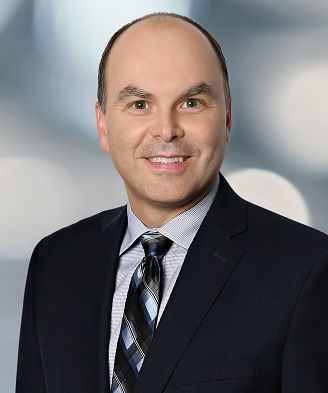
Tax Deferral
Tax Minimization


Insurance
There are many additional advantages to utilizing a Professional Corporation that can positively impact you and your practice.
Testimonial
I am a physician who moved to Hamilton in 1996. In 2009 I became incorporated. Darren Salmond has worked on my file and is now my only accountant. I have received excellent advice and would recommend Darren and Taylor Leibow.
Dr Spratt MD, Dundas Ontario
Is Incorporation Right for You?
If you are thinking of incorporating your medical practice there are certain questions you should be asking yourself …
What is a Corporation?
Now that you have decided to incorporate your medical practice, you need to know how a company operates and how it is different …
Incorporation Process
In order to incorporate your medical practice, it is always advisable to obtain advice from a public accountant and lawyer as the process can become …
Due Dates for Medical Professional Corporations
Now that your medical professional corporation is operating you must understand when certain tax filings are due …
Contact Us
For any questions on Professional Corporations
we invite you to contact our Taylor Leibow service area leader.

